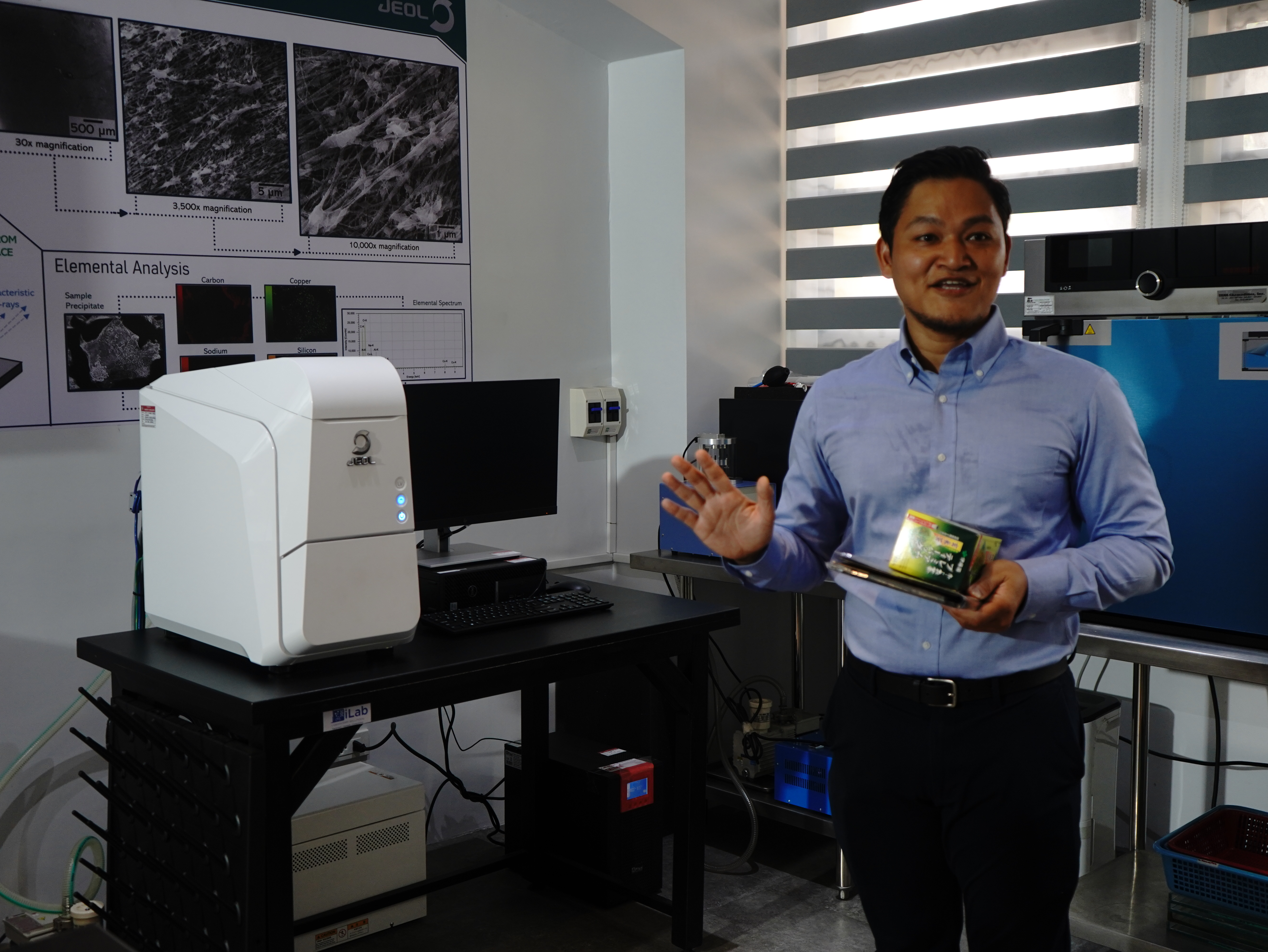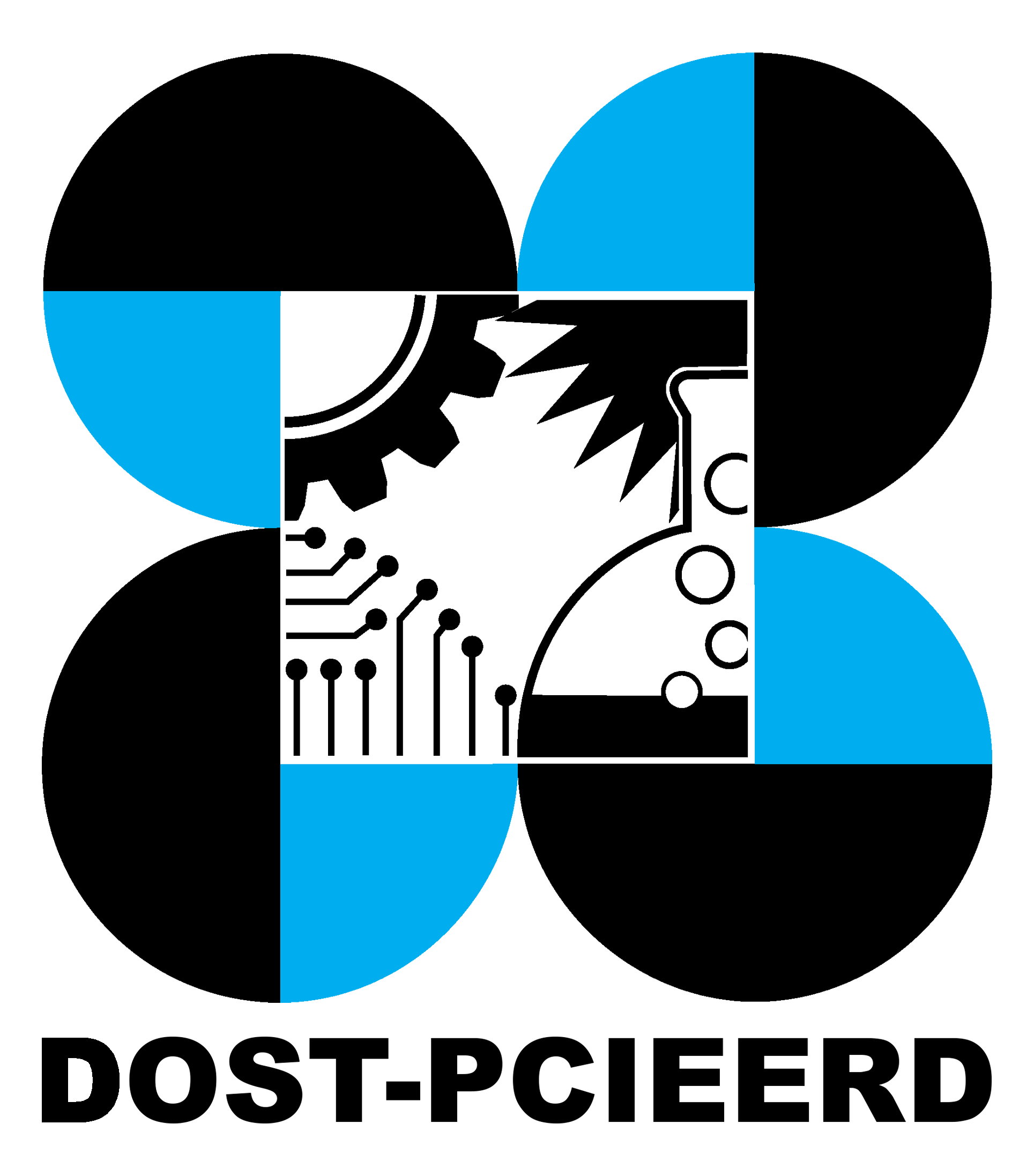Baguio, City- The Department of Science and Technology (DOST) officially handed over a P17 million smart city project to Baguio City to help address environmental concerns tourist spots encounter on April 15, 2024.
In a ceremony, DOST Secretary Dr. Renato U. Solidum, Jr., DOST Philippine Council for Industry, Energy and Emerging Research and Development (DOST-PCIEERD) Executive Director Dr. Enrico C. Paringit, and Monitoring of Indicators for Efficient Redevelopment and Value Assessment (MINERVA) project leader Academician Christopher Monterola handed over the outputs of the project to Baguio City Mayor Benjamin Magalong.
Project MINERVA aims to help the Baguio City Local Government’s smart city and urban rehabilitation projects by utilizing data science and artificial intelligence.
With MINERVA, tourism influx and flow and traffic can be modeled. Air quality and water supply and quality can be monitored and forecast models be provided to city planners and administrators.
Using the decision support tools, Baguio will be in a better position to create targeted, data-driven programs and policies in key areas that will enhance the standard of living, means of sustenance, social cohesion, and health of its residents.
Secretary Solidum stressed the difficulties that the nation's metropolitan centers like Baguio City face can be solved through science and technology and boost its potential for growth and development. “In the heart of a smart and sustainable community are science, technology, and innovation. In recent years, Philippine cities, through the Local Government Units, with the active support of academia, national government agencies, non-government organizations, and industries, have made strides towards technological advancements, sustainability efforts, and overall livability. Project MINERVA represents a significant step forward in enhancing our country’s readiness. The project is also a testament to forging partnerships and collaboration between local government units and national agencies like Baguio City and DOST," he stated.
Executive Director Paringit reaffirmed DOST's commitment to "smartifying" our communities during his presentation of the Smart Cities Roadmap. "DOST plans to provide support through the establishment of command data service centers, human resource investments aimed at increasing digital literacy skills, and the creation of embedded or ladderized programs for future cities through 2026,” he said. "This is intended to establish a digitally equipped city utilizing smart technology, with the aid of the smart city roadmap, he added.
Academician Monterola presented the project's outcomes including aggregating all sensor and tourism data down to the barangay level. "A prediction model for monthly tourism demand using hotel data, a model that incorporates pedestrian data, and a prediction model for air quality and casualty analysis of air pollution dispersal by meteorological factors have all been established as a result of Project MINERVA," He emphasized. "Part of the project outputs are the deployment of 500 GPS trackers, 80 Atmotube Pro or Air Quality Sensors (AQS), and six (6) mobile Water Quality Sensors (WQS). These devices have all been game changers as essential conduits for data collection required for the project, he explained.
Mayor Magalong expressed enthusiasm in receiving Project MINERVA’s outputs which supports the city's objectives for a smart, sustainable, green, and livable city that can handle current and upcoming urban problems and take advantage of digital opportunities to improve urban quality of life.
From left to right: Dr. Nancy Bantog, DOST-CAR Regional Director; Dr. Marissa Liponhay, AIM Project Chief Technical Specialist; Academician Christopher Monterola, MINERVA Project Leader; Hon. Benjamin Magalong, Baguio City Mayor; Ms. Ida Tiongson, Opal Portfolio Investments Inc. President; Dr. Renato U. Solidum Jr., DOST Secretary; Dr. Enrico Paringit, DOST-PCIEERD Executive Director; Engr. Ramon N. Santos, DOST-PCIEERD Governing Council Private Sector Representative
Baguio City Mayor Magalong and DOST Secretary Solidum during the press conference








